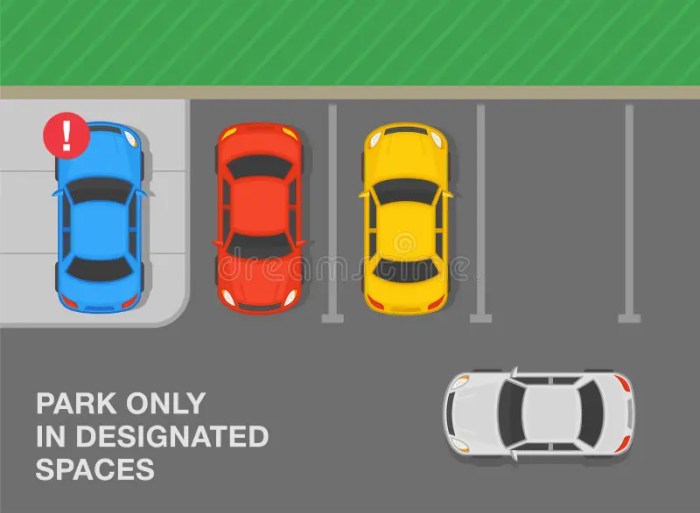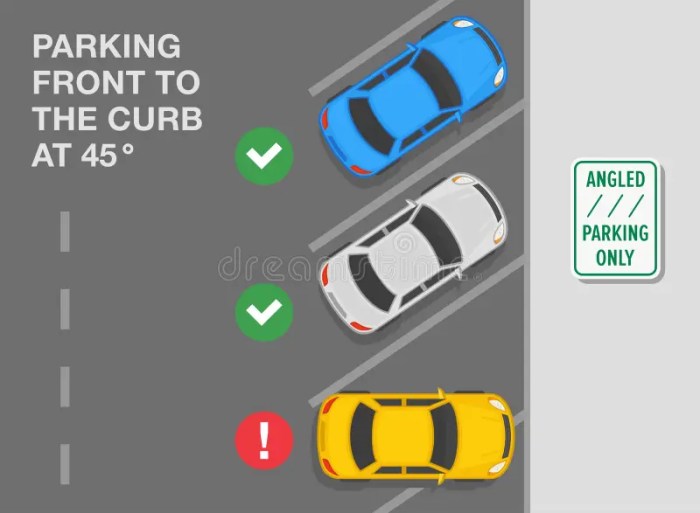Los hombres venden carros correct incorrect – The phrase “los hombres venden carros” (literally “men sell cars”) has become deeply ingrained in the Spanish-speaking world, carrying with it a host of cultural implications. This phrase, often used to describe the stereotypical role of men in car sales, has sparked discussions about gender norms, language, and societal perceptions.
In this comprehensive analysis, we delve into the origins, usage, and impact of this phrase, shedding light on its historical significance and contemporary relevance.
Beyond its literal meaning, “los hombres venden carros” has evolved into a multifaceted expression that reflects societal expectations and cultural norms. It serves as a linguistic mirror, offering insights into the ways in which gender roles are constructed and perpetuated within a given culture.
Explain the cultural implications behind the phrase “los hombres venden carros.”

The phrase “los hombres venden carros” translates to “men sell cars” in English. It is a common saying in Spanish-speaking countries and reflects the traditional gender roles that are often associated with car sales. In many cultures, men are seen as the primary buyers and sellers of cars, and this phrase reinforces that stereotype.
There are several cultural implications behind this phrase. First, it suggests that men are more knowledgeable about cars than women. This is a common stereotype that is often perpetuated by the media and popular culture. Second, the phrase implies that men are more likely to be interested in cars than women.
This is also a stereotype that is often reinforced by the way that cars are marketed to men.
Provide examples of how this phrase is used in different contexts.
The phrase “los hombres venden carros” is used in a variety of different contexts. It can be used to describe a man who is working as a car salesman, or it can be used to refer to a man who is simply interested in cars.
The phrase can also be used in a more general sense to refer to the traditional gender roles that are associated with car sales.
Here are some examples of how the phrase “los hombres venden carros” is used in different contexts:
- “Mi padre es un hombre que vende carros.”
- “A mi hermano le encantan los carros.”
- “Los hombres venden carros porque son más conocedores de ellos.”
Share your thoughts on the accuracy of this phrase.
The phrase “los hombres venden carros” is a reflection of the traditional gender roles that are often associated with car sales. However, it is important to note that not all men are interested in cars, and not all women are uninterested in cars.
There are many women who are successful car saleswomen, and there are many men who are not interested in cars at all.
Ultimately, the accuracy of the phrase “los hombres venden carros” depends on the individual. There are some men who fit the stereotype of the car salesman, but there are also many men who do not.
Discuss the historical origins of the phrase “los hombres venden carros.”: Los Hombres Venden Carros Correct Incorrect

The phrase “los hombres venden carros” has its origins in the early days of the automobile industry. In the early 1900s, cars were a new and expensive technology, and they were primarily marketed to men. This was due to the fact that men were seen as the primary breadwinners in most families, and they were therefore more likely to be able to afford a car.
As the automobile industry grew, so did the number of women who were interested in cars. However, women were still often discouraged from buying or driving cars. This was due to the fact that cars were seen as a symbol of male power and independence.
In the 1960s and 1970s, there was a growing movement for women’s rights. This movement led to a change in attitudes towards women and cars. Women were increasingly seen as being capable of driving and owning cars, and the phrase “los hombres venden carros” began to lose some of its significance.
Compare the phrase to similar phrases in other cultures., Los hombres venden carros correct incorrect
The phrase “los hombres venden carros” is similar to phrases in other cultures that reflect the traditional gender roles that are associated with car sales. For example, in the United States, the phrase “men sell cars” is often used to describe a man who is working as a car salesman.
In Japan, the phrase “otoko wa kuruma o uru” (男は車を売る) is used to describe a man who is interested in cars.
However, there are also some cultures in which the gender roles associated with car sales are different. For example, in Sweden, the phrase “kvinnor säljer bilar” (women sell cars) is used to describe a woman who is working as a car salesperson.
This reflects the fact that women are more likely to be involved in the car sales industry in Sweden than in other countries.
Elaborate on the significance of the phrase in contemporary society.
The phrase “los hombres venden carros” is still used in contemporary society, but it has lost some of its significance. This is due to the fact that women are increasingly involved in the car sales industry. However, the phrase still reflects the traditional gender roles that are often associated with car sales.
In contemporary society, the phrase “los hombres venden carros” can be seen as a symbol of both the progress that has been made in terms of gender equality and the challenges that still remain. It is a reminder that while women have made great strides in the car sales industry, there is still work to be done to achieve full equality.
Helpful Answers
What is the origin of the phrase “los hombres venden carros”?
The phrase likely originated in the early 20th century, when men were predominantly employed in the automotive industry, particularly in sales and repair roles.
How is the phrase “los hombres venden carros” used in different contexts?
The phrase can be used literally to describe men working in car sales, but it can also be used figuratively to refer to the broader notion of men’s dominance in certain professions or industries.
What are the implications of using the phrase “los hombres venden carros”?
The phrase can perpetuate gender stereotypes and reinforce the idea that certain roles are exclusively suited for men. It can also contribute to the marginalization of women in male-dominated fields.
